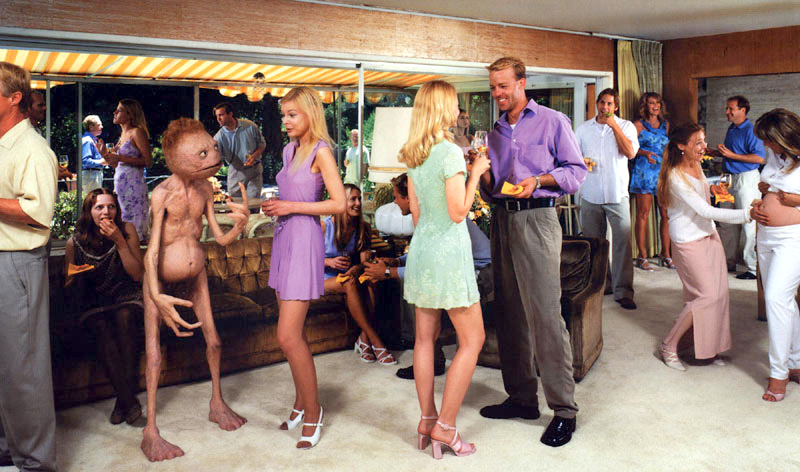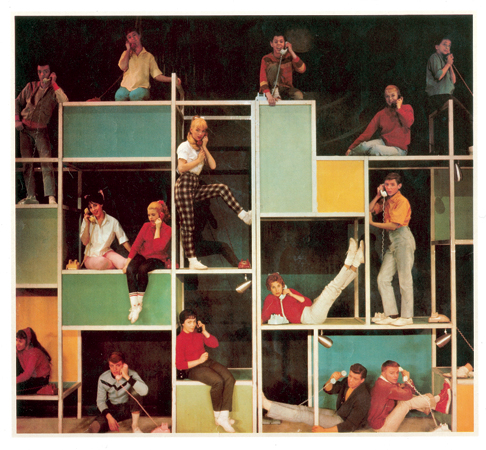
Last night was Shannon’s office party. (Fantastic blue cheese, good shrimp.) One of his co-workers gave me a seriously long hug, clutched my arm, and looked deeply into my eyes. “How are you?,” she asked. “I’m great I replied.” “No. REALLY. How are you feeeeeling?,” she asked.
Some people who know that I’m a young adult living with incurable cancer expect me to feel like crap or be in misery. And when I’m not I get the ‘you’re a heroic trooper’ comments, the puppy-dog-eyes look, or the ‘it’s okay, I get it, you can be honest with me’ statement of disbelief over my feelings of wellness. It’s maddening.
If me feeling great isn’t good enough,I wish they ask: ‘Do you feel the physical impact of cancer on a daily basis?’ I love blunt and upfront communication, and think this is what they are trying to get at. I would reply: ‘I can’t feel the tumors and I’m not on treatment. I’ve gotten used to the side effects from my meds. The hardest part is often the mental trip of cancer, but I’m really doing great right now.’
That kind of sounds like a kick ass reply, huh? Maybe it should just be my response when someone asks me the overly tender ‘How are you doing’ question. Though I wish I could get away with “I’m great, how are you?” just like everybody else.
As much as these pitying interactions really piss me off, I see a flip side. Today the New York Times has a section on the voices of lupus. After listening to people talk about this rather mysterious and unknown disease, I see I’m lucky to have a disease with good name recognition that others take seriously. Prior to my cancer diagnosis, my doctors suspected lupus. If I were a lupus patient, I might look great, feel like crap, and nobody would even bother to recognize my disease or pain.
Do people ever ask you how you are feeeeeling in a way that is different from how they talk to someone who is not ill? How do you respond? Do you appreciate the recognition and attention, or do you wish they would approach you as they approach others?
![]()
![]()

 “Everything Changes is, without doubt, the most forthright, emotionally sophisticated, and plain-old valuable book of its kind I've seen.”
“Everything Changes is, without doubt, the most forthright, emotionally sophisticated, and plain-old valuable book of its kind I've seen.”












